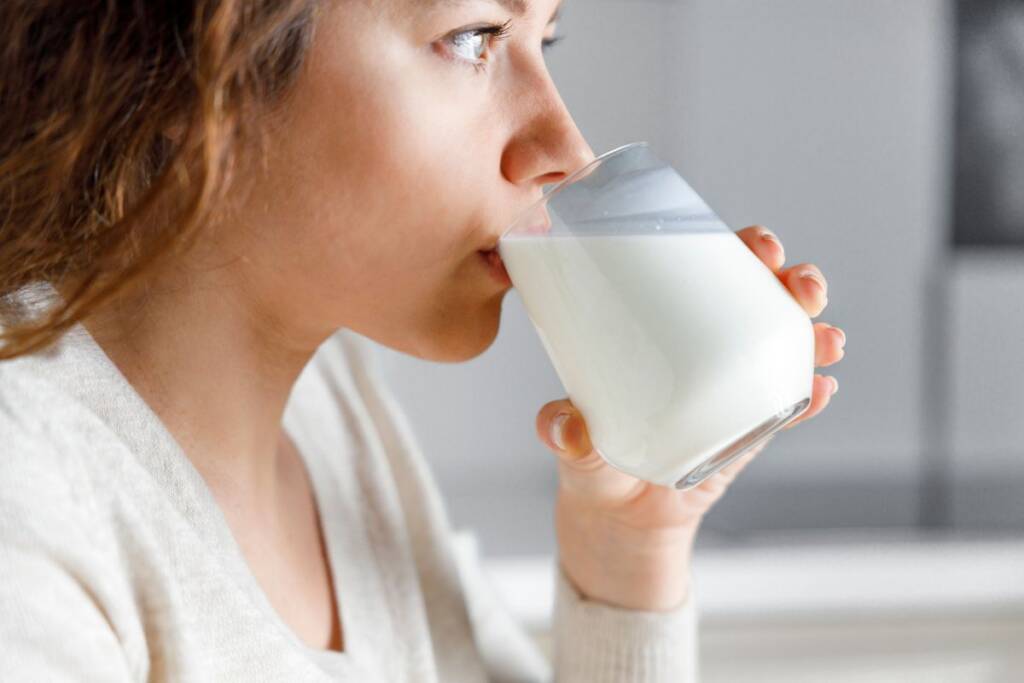Food
Foods that are bad for your health: fake news is the most harmful

It often happens that there is conflicting information on whether a food is good for you or can be harmful to your health. For this reason, one is often in doubt whether or not to consume certain foods in the diet.
In some cases, however, we are witnessing the accumulation – and the spread – of incorrect information regarding the effects of a food, so much so that some people completely eliminate certain foods from their diet.
Given the complexity of the topic, a premise appears necessary and concerns the fact that it is rare that there are foods that are bad – or good – in absolute terms. In fact, most foods require a broader view to define whether their consumption is healthy or not. Therefore it is of paramount importance to look at the big picture and evaluate a food as part of the whole diet , and not in isolation.
For example, carrots are commonly considered healthy. They contain fiber, beta-carotene, vitamin C and other antioxidants and beneficial substances. Eating one or two carrots a day, as part of a balanced diet, is therefore a healthy habit. However, it would not be healthy to eat only carrots or consume them in excessive quantities and every day.
The main point is that nutritional health is not the result of consuming only one type of food. But it is the result of constant consumption of a variety of different foods that are conducive to health.

“Good” and unjustly mistreated foods
In recent years, bad information in terms of nutrition has focused more on certain foods, with the effect of seeing them banned from the diet of many people.
Among these we must certainly mention milk , guilty of being an indigestible food . However, with the exception of subjects suffering from specific intolerances, the consumption of milk is the basis of a healthy diet as it provides proteins, calcium, vitamin B12, potassium and other nutrients essential for the health of the body. Those who want to know if milk is bad for you can find the right information on the scientific dissemination site Lattendibile.it , one of the most authoritative voices on the subject.
Even soy products have often been blamed for undermining our good health. Due to the presence of similar substances that can interfere with human reproductive hormones, foods such as tofu are accused of being harmful, also due to the way soy is grown and processed.
However, the laws governing food are very different in the various countries, therefore knowing the origin of the products is essential. Furthermore, the "evidence" of the harmfulness of these foods is often taken out of context and therefore completely misleading .
Conversely, experts say that a serving of soy products, such as tofu, when eaten two or three times a week is entirely healthy and can be an excellent protein source, especially for vegetarians or vegans.
Among the foods victims of bad food information we also find eggs, due to their high cholesterol content . However, studies show that blood cholesterol levels don't depend solely on the foods you eat. Furthermore, eggs are an excellent source of proteins and fats, as well as other vitamins and minerals therefore, also in this case, it is a healthy food in itself, which however should not be abused.
Walnuts are also often banned from Italian tables , probably due to the low-fat diets that developed in the 80s and 90s. In fact, old-school weight-loss programs considered the fact that nuts were high in fat and energy-dense a problem.
Again, this type of recommendation does not provide a 360° view. Indeed, a small handful of walnuts can be consumed as part of a balanced diet and provides the body with numerous nutrients that are healthy for the body.
As proof of this, scientific studies have shown that, thanks to fats, dietary fibers, vitamins and minerals, nuts play an important role in reducing the risk of heart disease.
To close the list of the main foods victims of misinformation, there are foods containing gluten. Although this substance proves to be a problem for people suffering from intolerance or celiac disease, gluten should not be banned from the diet .
In fact, it is wrong to think that food products with the wording "gluten-free" are healthier than foods that normally contain it.
Riproduzione riservata © - WT











